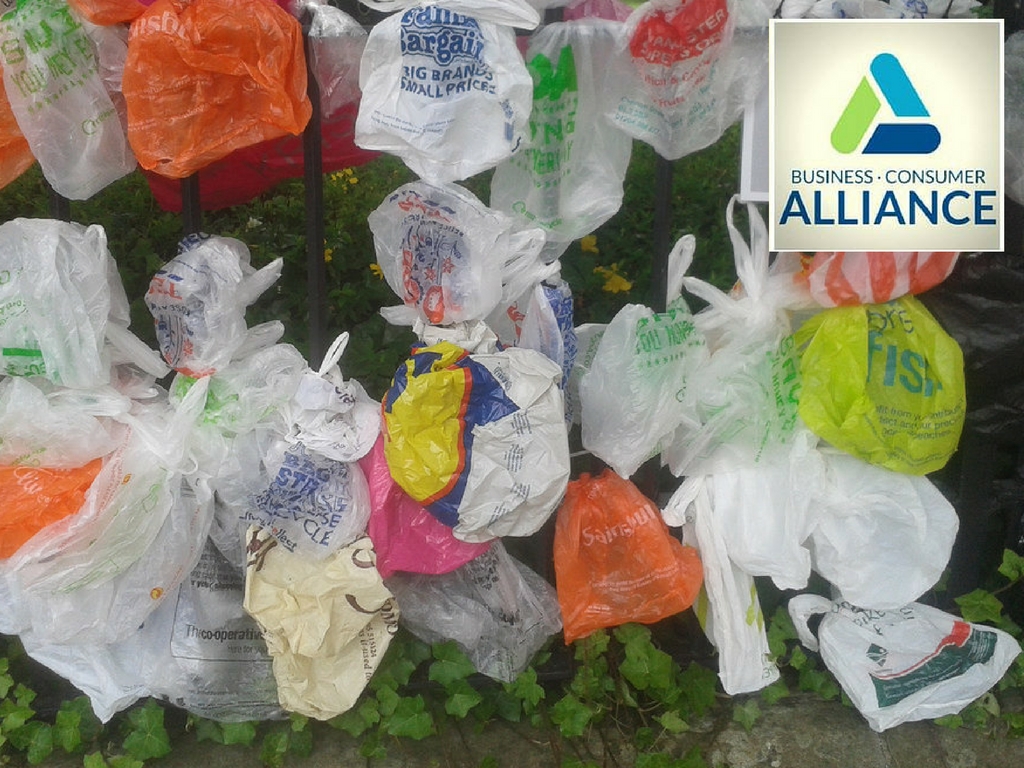
The acronym BYOB now has new meaning for California consumers planning to conduct a little shopping. On November 8, California voters approved a policy upholding a 2014 decision to ban single-use plastic carryout bags at supermarkets and large grocery stores. Although the measure had already taken effect some time ago in places such as Los Angeles County, most large pharmacies and grocery, convenience, and liquor stores are now prohibited from providing plastic grocery bags. If you forget to bring your own, stores are required to charge at least 10 cents for a carry-out bag provided to customers at checkout.
The measure is said to be an effort to phase out plastic grocery bags, which have been known to be harmful to the environment. Plastic bags are hazardous to marine animals, strangle wildlife, litter communities, affect cleanup costs, clog recycling machines, and increase pollution.
While voters upheld the ban on plastic grocery bags, it shot down another measure aimed to redirect the money retailers made from selling carry-out bags to a special fund for environmental projects.
Environmentally friendly reusable bags help reduce waste and are sturdier than plastic bags. They also tend to be able to hold more items. It is also a good idea to use separate bags for raw meats, produce, seafood, and non-food items. Make sure to keep them clean and disinfected regularly to avoid spreading disease and bacteria. And store them in a cool dry place.
Other alternatives include:
-
Paper bags
-
Tote bags
-
Boxes
Check out a cool video that shows how to turn a T-shirt into a bag without sewing. Or, if you’re more crafty, try this task on for size. What alternatives for plastic bags does your family use? Share your ideas in the comments below.
About Business Consumer Alliance
Business Consumer Alliance (BCA) is a non-profit company that started in 1928. The broad purpose of BCA is to promote business self-regulation. BCA's mission is achieved by assisting consumers in resolving complaints with businesses and using that complaint information, along with other relevant information such as customer reviews, to forecast business reliability. With community support, BCA can identify trustworthy and ethical businesses and warn the public to avoid unscrupulous businesses whose purpose is to defraud the marketplace. BCA also helps businesses promote themselves by providing services and tools to protect their business and reach out to their customers. BCA obtains its funding from member businesses who support the mission and purpose of the organization and who agree to abide by high standards of ethical business practices.